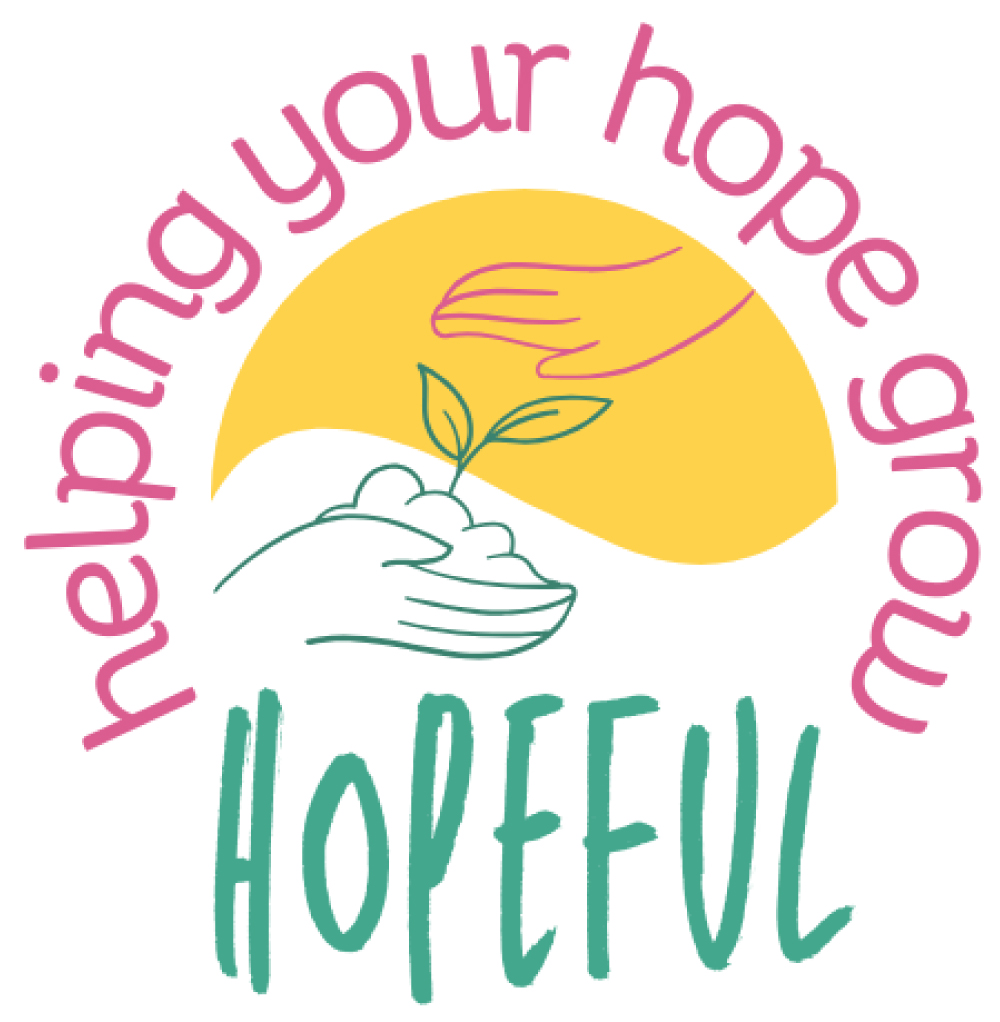Research & Practice
Our team has a collection of previous research and other work on hope.
The development of HOPEFUL
The HOPEFUL package was developed with and for young women who are not in education, employment, and training (NEET). We received some funding from the National Institute for Health and Care Research (NIHR) UK in 2022 for a development project. In this project, we worked with young women who were NEET, their relatives, and professionals who supported them. We interviewed these groups and held design workshops with young women and professionals. We worked with peer researchers (young women with experience of mental health and social problems) throughout the project. We created a ‘blueprint’ of the HOPEFUL intervention.
The short video below will tell you more about this project and the full project report is published in an open access scientific journal.
